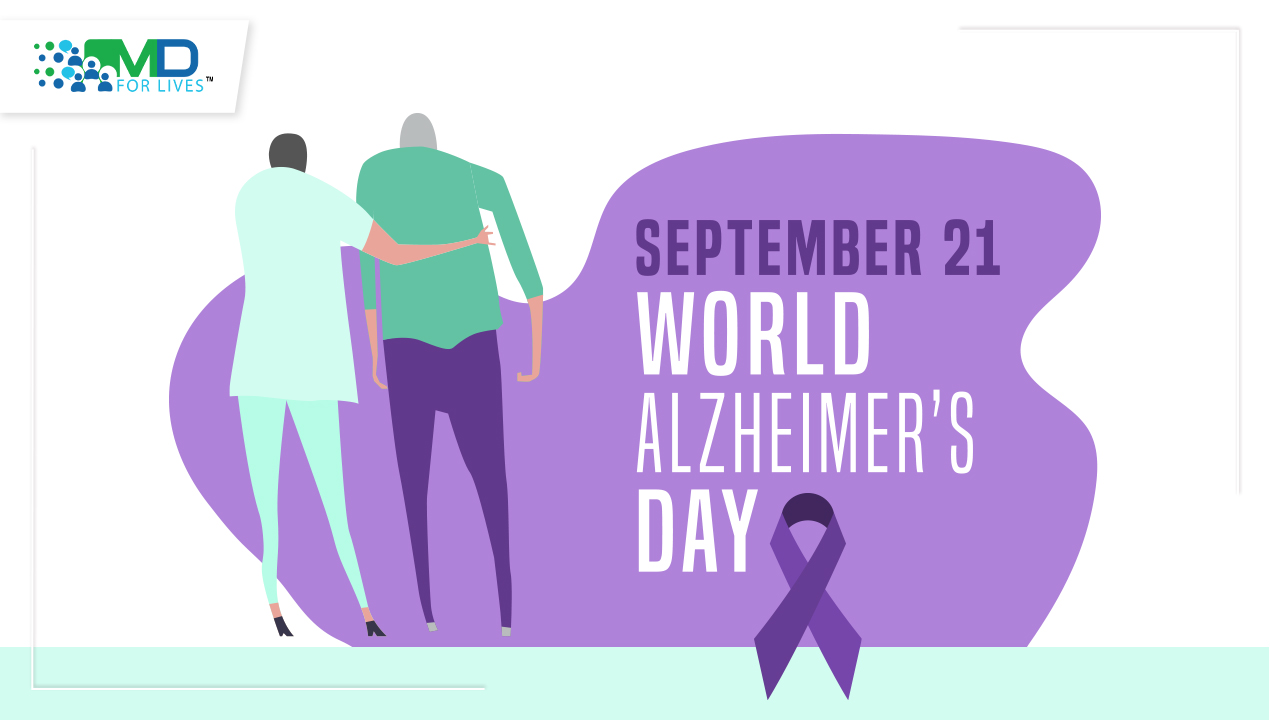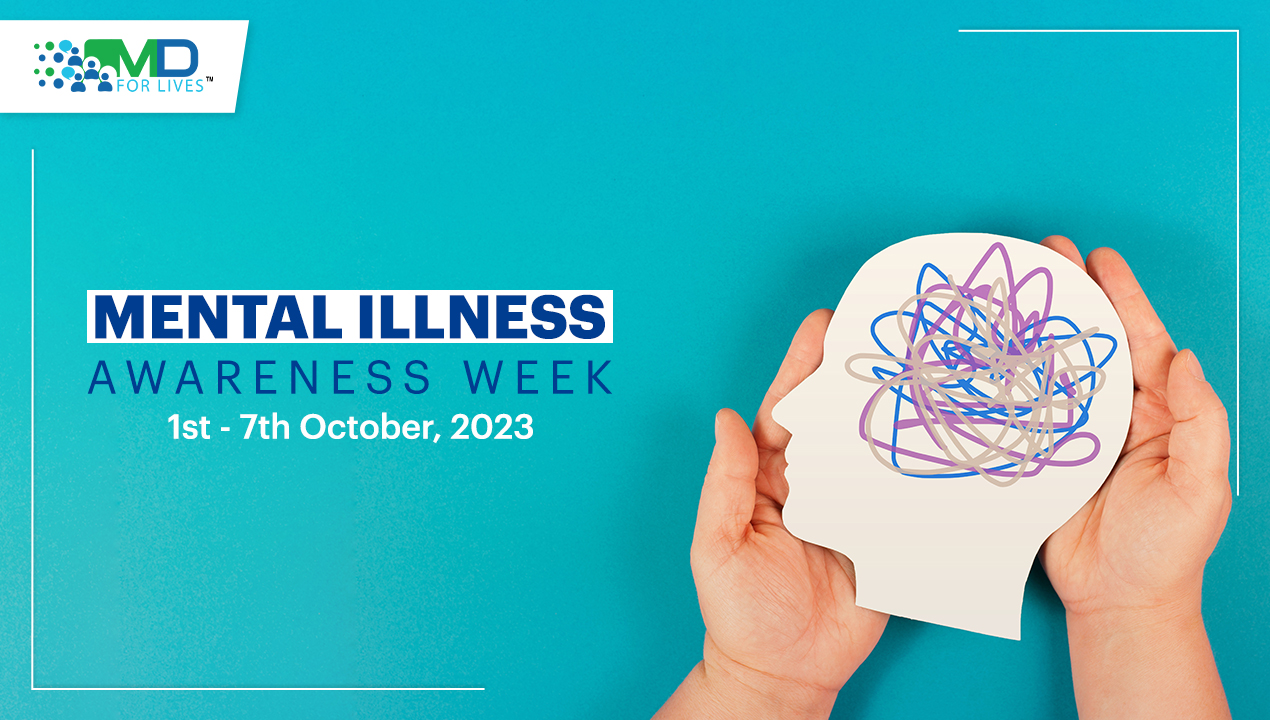What will mental health counseling look like in the near future, where artificial intelligence (AI) has permeated every aspect of healthcare?
Imagine a cozy room illuminated by a warm light filtering through the lampshade as the psychiatrist listens attentively to a patient. Meanwhile, an AI assistant in the background is sifting through vast databases of clinical research, analyzing the patient’s symptoms against a backdrop of countless case studies and diagnostic criteria. The psychiatrist combines AI-generated insights with their own diagnostic skills and psychotherapy assessments to propose treatment plans tailored to the patient’s unique condition, guaranteeing the best possible outcome.
Although it seems unrealistic today, this reality is well within reach!
AI for mental health is currently a cause of both excitement and apprehension among counselors and psychiatrists. While AI for healthcare presents great opportunities for enhancing patient outcomes, there are still many ethical and practical considerations that need to be taken into account.
It creates a compelling dichotomy for stakeholders: is AI a boon reshaping mental health diagnosis and treatment, or is it a bane potentially undermining their nuanced expertise and human empathy?
The answer to this question lies in assessing both sides of AI.
WHAT MAKES AI A BOON IN HEALTHCARE?

AI has the potential to augment many of the routine processes in administrative and care delivery workflows in mental health treatment:
- Decision Support Systems: Considering its ability to analyze vast patient data, including medical history, genetic information, lifestyle factors, and treatment outcomes, AI can help psychiatrists recommend personalized treatment plans for specific patients. AI in medical diagnosis can also help patients get a better understanding of their health risks, make informed decisions about treatment options, and adopt healthier behaviors as per their psychiatrists’ recommendations.
- Virtual Health Assistants: AI-powered virtual health assistants can facilitate 24/7 access to healthcare counseling services. Any queries that the patients have regarding symptoms, medications, treatment plans, and lifestyle modifications can be answered by the virtual health assistants, while only cases that require a human touch and a more conversational approach can be redirected to the psychiatrists.
- Remote Monitoring: AI for mental health can help psychiatrists remotely track patient health metrics irrespective of their location. By continually monitoring blood pressure, blood glucose levels, and heart rate in real time, and comparing it with historical data, AI can detect early signs of health decline and alert psychiatrists, facilitating targeted interventions and preventing potential complications.
These are some of the many advantages that AI brings to the mental health care space. While the opportunities presented by the technology are undeniable, there are a few aspects that make psychiatrists hesitate when opting AI for healthcare.
WHAT FACTORS CAN UNDERMINE THE USE OF AI FOR MENTAL HEALTH?
- Privacy and Data Security: AI systems used for medical counseling collect and analyze vast amounts of sensitive patient data. If the data is not stored, accessed, and protected appropriately, there is a likelihood of it getting leaked or becoming a target for cyber criminals. Any breach of privacy can have severe consequences for patients and result in loss of confidence in both the technology and healthcare practitioners.
- Absence of Human Empathy: A core aspect of mental health counseling is building an empathetic bond with the patients. Although AI for mental health is effective in providing valuable insights and assistance, the absence of emotional intelligence and intuition can hinder the efforts of medical practitioners in knowing their patients better. The diminished sense of connection and understanding between the medical counselors and patients can even impact the effectiveness of therapy.
- Bias and Inaccuracy: The accuracy of an AI system depends on the quality of the underlying data on which it is trained. If the data contains biases and inaccuracies, the AI system will likely perpetuate these disparities, undermining the medical counselor’s efforts.
These are some of the few concerns that have led psychiatrists to be wary of adopting AI for healthcare. Whether it is data privacy, human connection, or bias, alleviating these problems will require healthcare providers, policymakers, and AI developers to work together and establish robust ethical guidelines. Once data privacy and security are addressed, biases in AI algorithms are mitigated, and the complementary role of the technology is acknowledged, AI for mental health can revolutionize medical counseling forever.
FUTURE APPLICATIONS OF AI FOR MENTAL HEALTH: A MINDFUL APPROACH TO AI ADOPTION
AI might be perceived as a double-edged sword. Still, for mental health counseling, psychiatrists can use the technology to their advantage by adopting a nuanced approach to addressing ethical and practical concerns. Staying abreast of the latest developments in AI will allow psychiatrists to improve their decision-making when it comes to AI for mental health. Relevant training can further help them appropriately integrate AI for healthcare while maintaining clinical judgment and critical decision-making.
Rather than thinking of AI for healthcare as a replacement for existing practices, it should be perceived as an augmenter of traditional approaches to counseling. Embracing innovation while upholding ethical principles and focusing on patient-centered care will enable psychiatrists to harness the transformative potential of AI and push the boundaries of mental health counseling.
Insights garnered from physician experience and market research will also be critical in helping physicians adopt AI tools and use them ethically.
Psychiatrists interested in advancing mental healthcare services–while securing an extra source of income–can register with MDForLives, a platform where stakeholders can share articles, contribute case studies, participate in webinars, and join through-provoking discussion forums.
References:
- Augmented intelligence in medicine
www.ama-assn.org - Technology and the Future of Mental Health Treatment
www.nimh.nih.gov - Use of artificial intelligence on the rise, but its impact on health still limited, new study finds
www.who.int
A. Royden D’Souza is a professional writer with over 5 years of experience in the healthcare industry. He holds an engineering degree and has worked with several brands to meet their content requirements. He is passionate about writing engaging content for healthcare professionals, allied healthcare professionals, and nurses.






